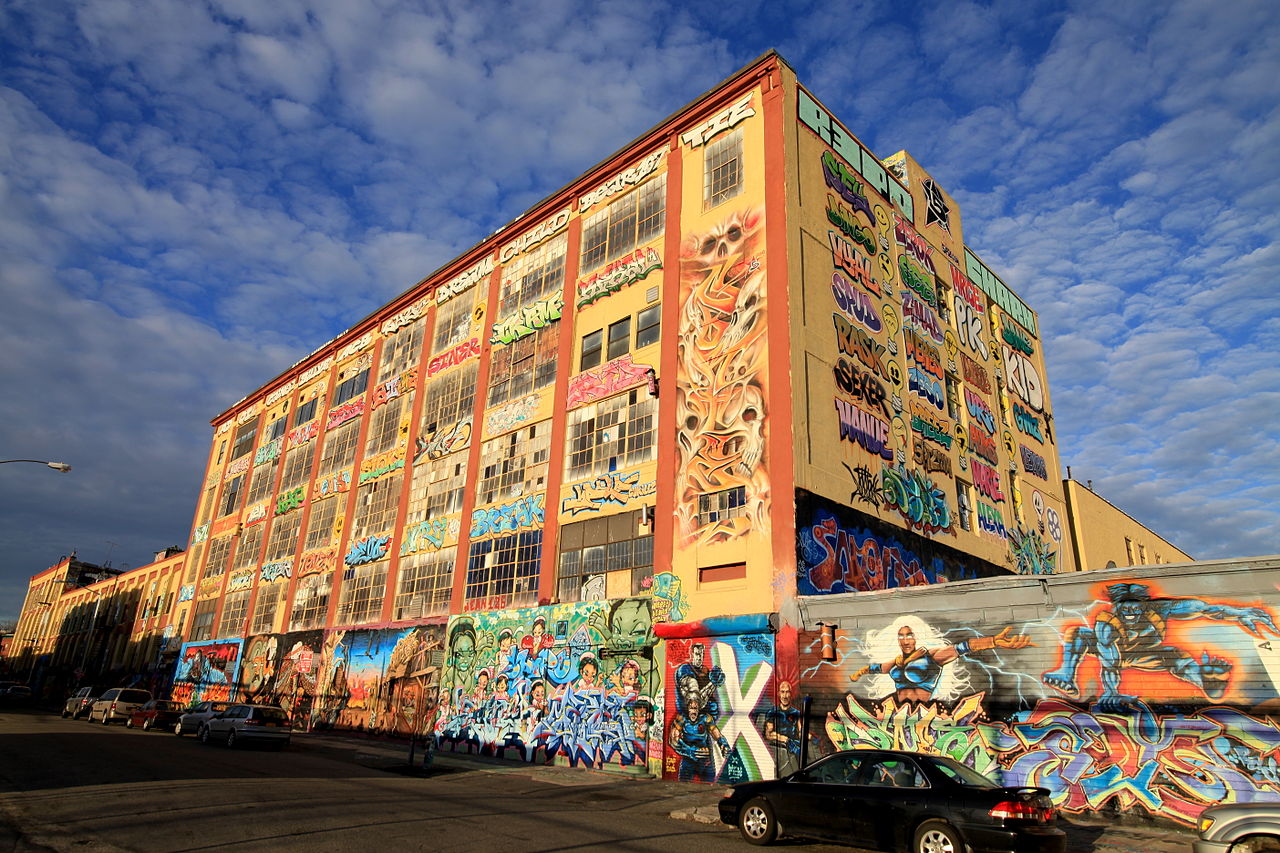VARA isn’t a great law, but it’s the law
Wrote once about The Pigtail Ordinance: That was when this super racist judge in 1873 tossed out alla these racist local laws against the Chinese because he knew that the laws were contrary to the Constitution, the controlling law of the land.
In other words, he upheld the main law of the land over his own personal feelings.
You see, the Constitution says you can’t hurt a group of people just because you don’t like them.
That’s equal protection, which came about in 1868; The Pigtail Ordinance was shot down just five years later, which makes it all the more impressive.
But logically, if what I just said is true – that the Constitution says you can’t hurt a group of people just because you don’t like them – then the contrapositive must also be true: If you like a group of people, you can’t help them.
Thought about that with everything that’s going on politically.
Nowadays, it’s all about one’s team winning – whatever winning entails – at the cost of following the rules. Help those you like, hurt those you don’t. That’s not how it should be.
That’s all a preface for an unpopular thing I’m about to say:
The judge in The Five Pointz case got it wrong.
Since we’re walking down memory lane together, do you remember when I flew to give a lecture in front of the Paris Bar Association? The topic I was speaking about was VARA: The Visual Artists Rights Act of 1990. VARA was the law in question for this case.
Most of my clients – when I had clients – were artists.
So I’ve always been on the artists side. And what I’ve always believed was that VARA didn’t go far enough to protect artists. For example:
- Why are only visual artists protected?
- Why isn’t the art protected if the artist wants it destroyed?
- Why is the law written so that only works of “recognized stature” are protected?
That last one always bothered me. Because who is to say when a work is of “recognized stature?”
But that’s one of the main areas where the judge got it wrong (amongst others).
In my opinion, and this is just my opinion, he saw that the developer was kinda a sleezeball, which he was, and simply assumed that 45 (45!) works of graffiti were of “recognized stature.”
That’s just not fair.
If I put a gun to the head of the average person and asked him/her to point out the Mona Lisa or Nighthawks, chances are they’d get it.
- What if I did the same thing but asked him/her to name any one of these art pieces?
- What if I did the same thing to the average art critic?
VARA is a wrong law and but that’s still the law. You don’t get to cherry-pick the laws you like and the laws you don’t like.
- A racist judge shouldn’t ignore the Constitution to help white people.
- A (rightfully) offended judge shouldn’t ignore the wording of a poorly constructed federal law to help these artists and hurt an unsavory person.
The artists were allowed to paint on the exterior of this building. That doesn’t give them the right to prevent the building from being torn down. They could have removed their art, at their cost, or taken hi-res pictures of it, which they did.
How the developer did it – without warning – was sleazy. But VARA doesn’t comment on the character of the art benefactor.
VARA should be replaced with a better law that truly protects art and the artist. But until then, it should be followed.
Below’s me talking about the case a lifetime ago. If you want to read my notes on the subject, you can download the powerpoint here.
And now I return to my life now: changing diapers and trying to figure out a way to get my kid to eat something besides peanut butter.
Location: memory lane
Mood: wistful
Music: a raspberry beret, the kind you find in a second hand store
Like this post? Tell someone about it by clicking a button below.


3 replies on “Opinion: The judge in the Five Pointz case got it wrong”
I am sorry Logan but that is the inverse and no thte contrapositive. Ha! Have a happy lunar new year.
Thanks! And I think you’re incorrect here, I’m afraid.
Assume: If (a) then (b)
(a) You can’t hurt a group of people just because (b) you don’t like them.
The contrapositive would be: If (-b) then (-a)
(-b) If you like a group of people then (-a) you can’t help them.
True. I stand corrected.